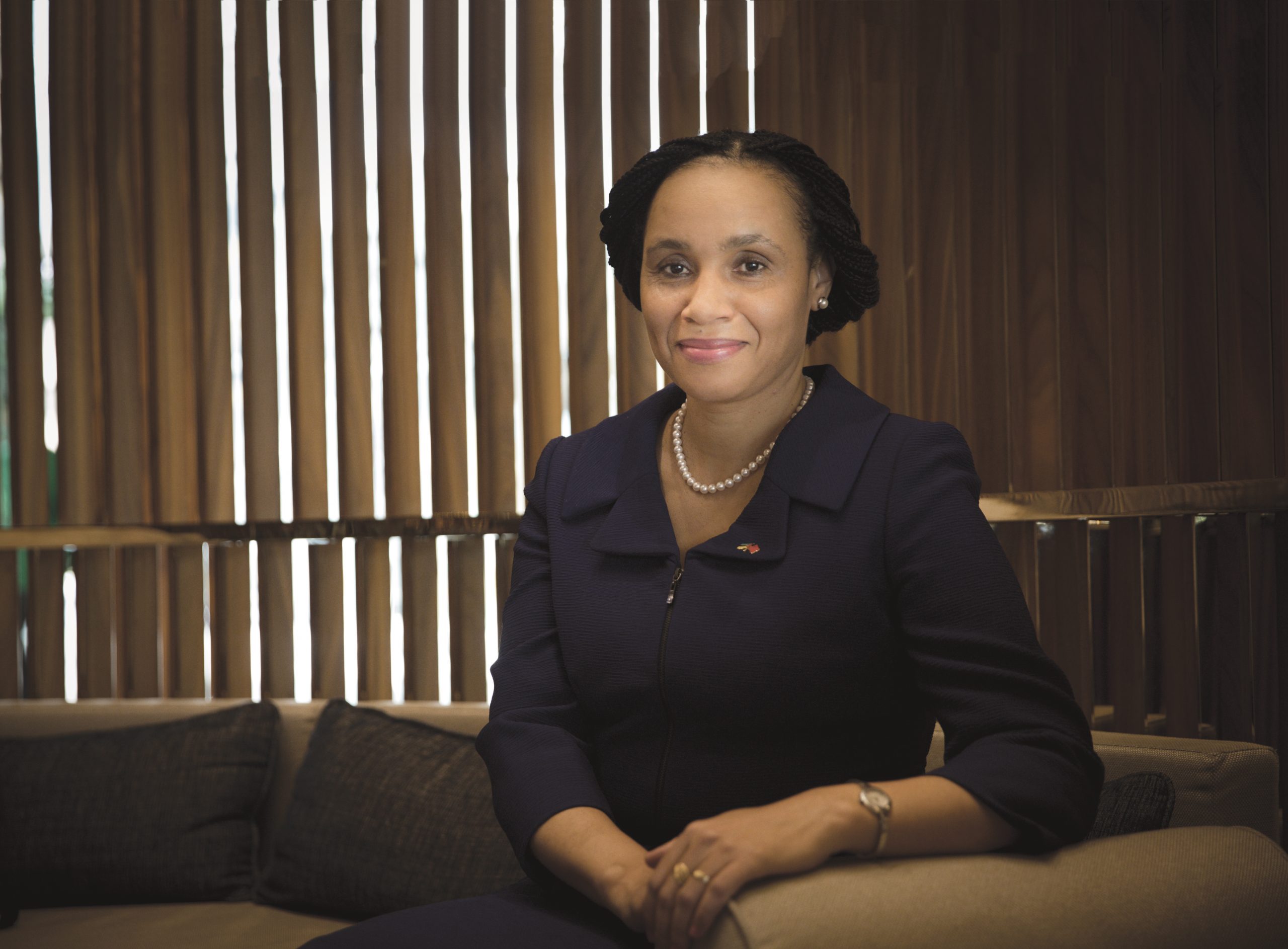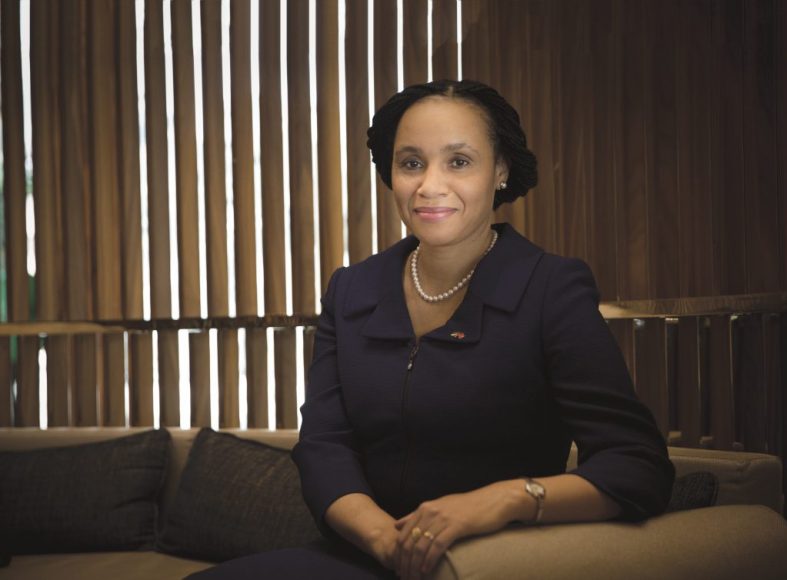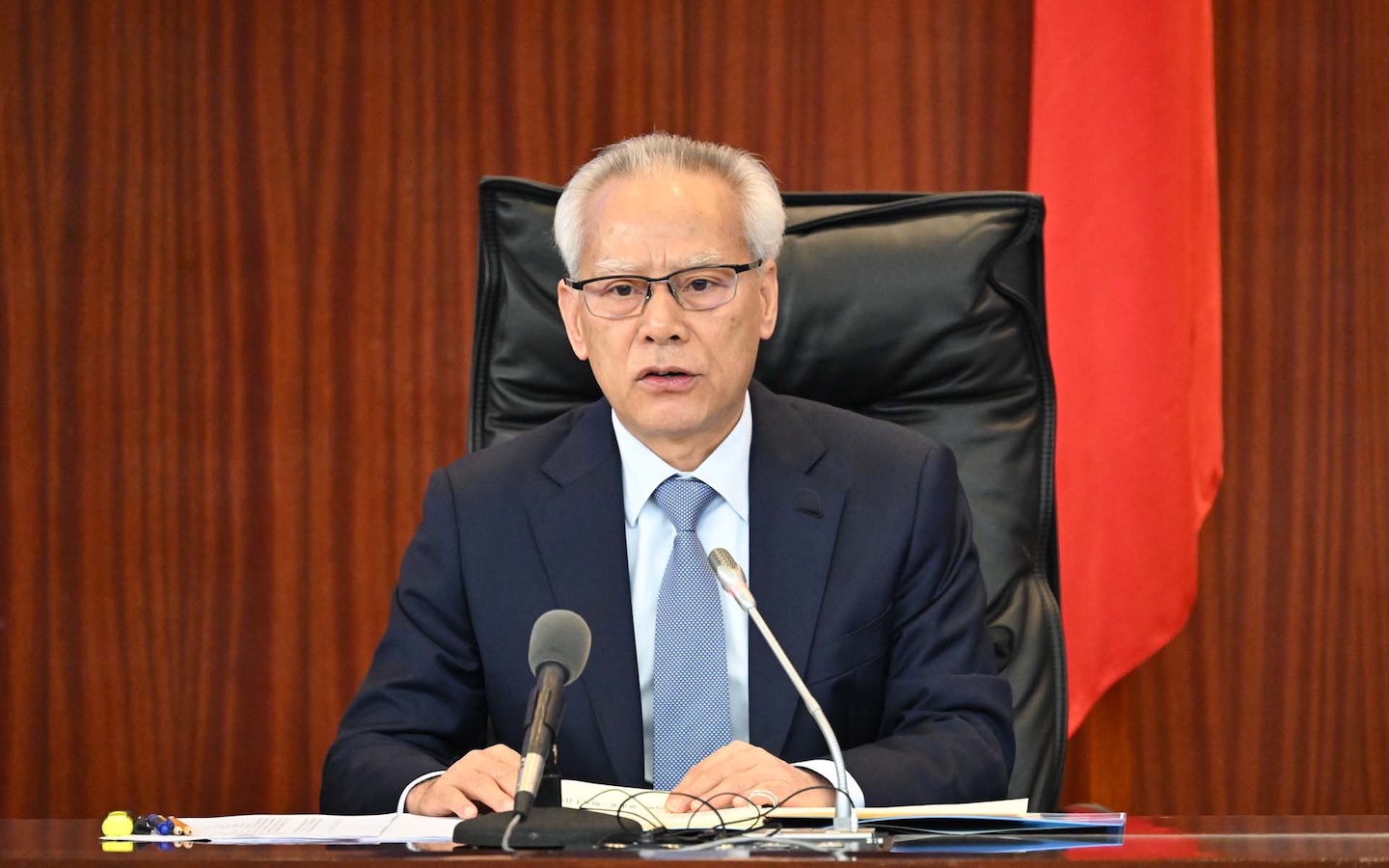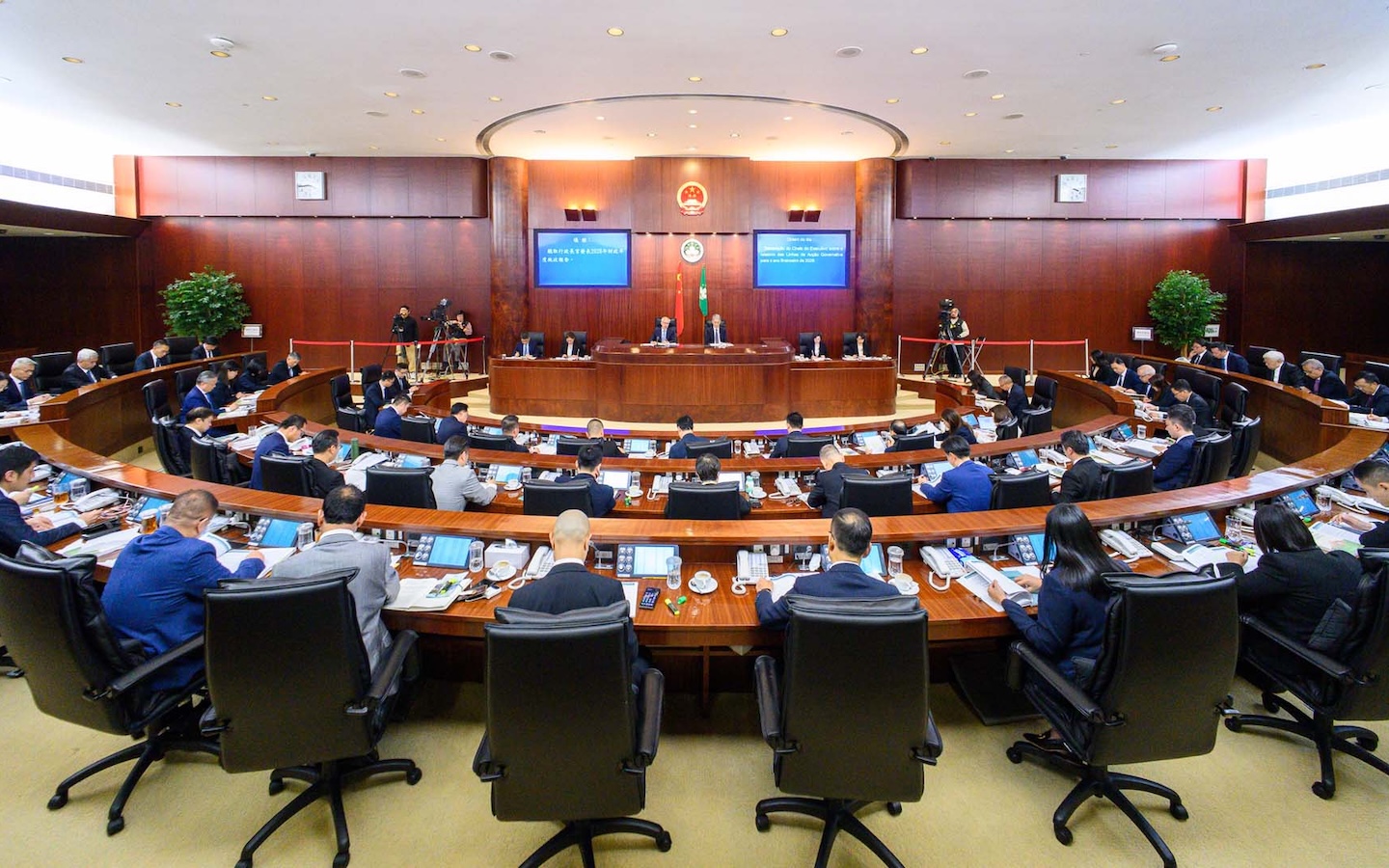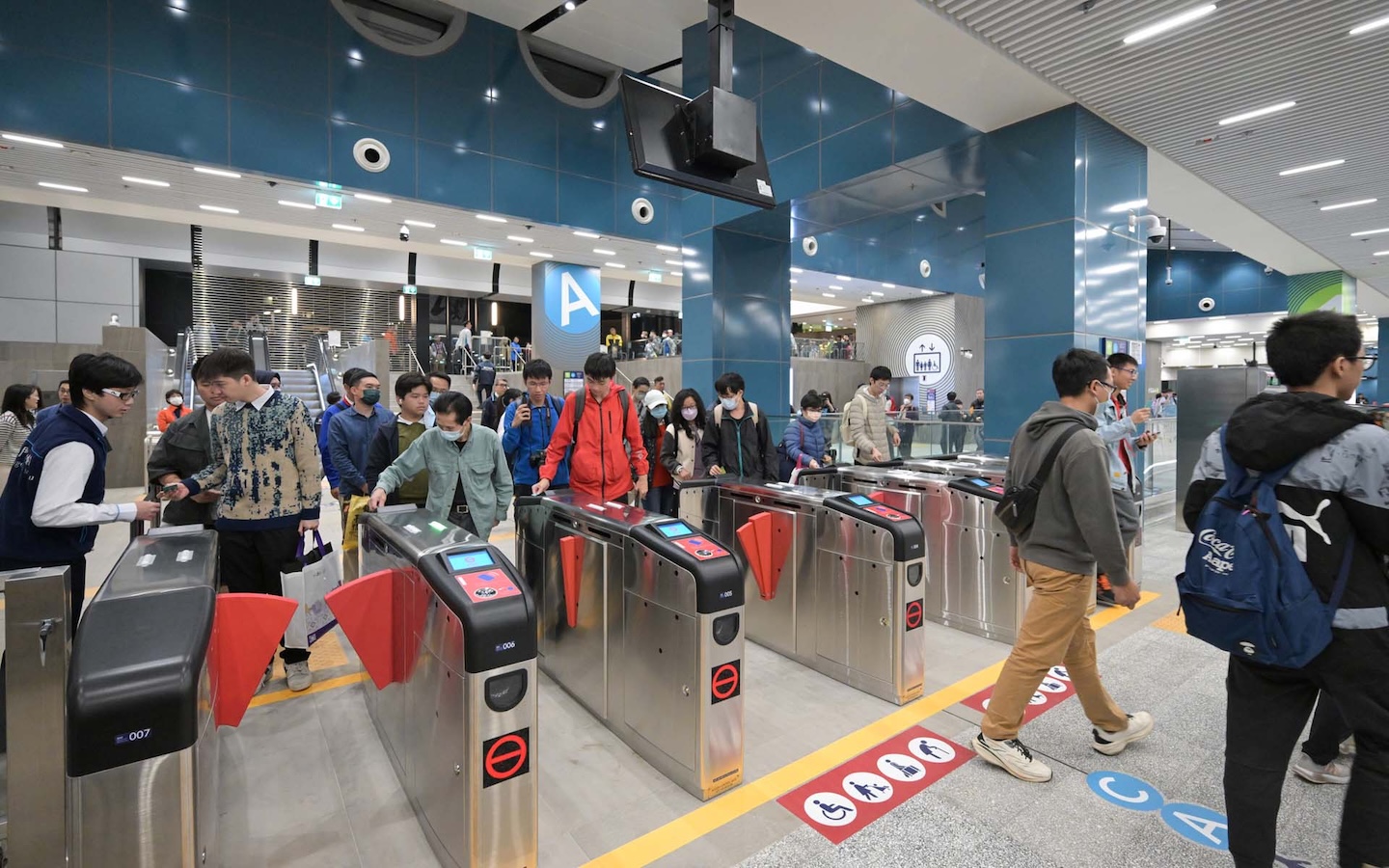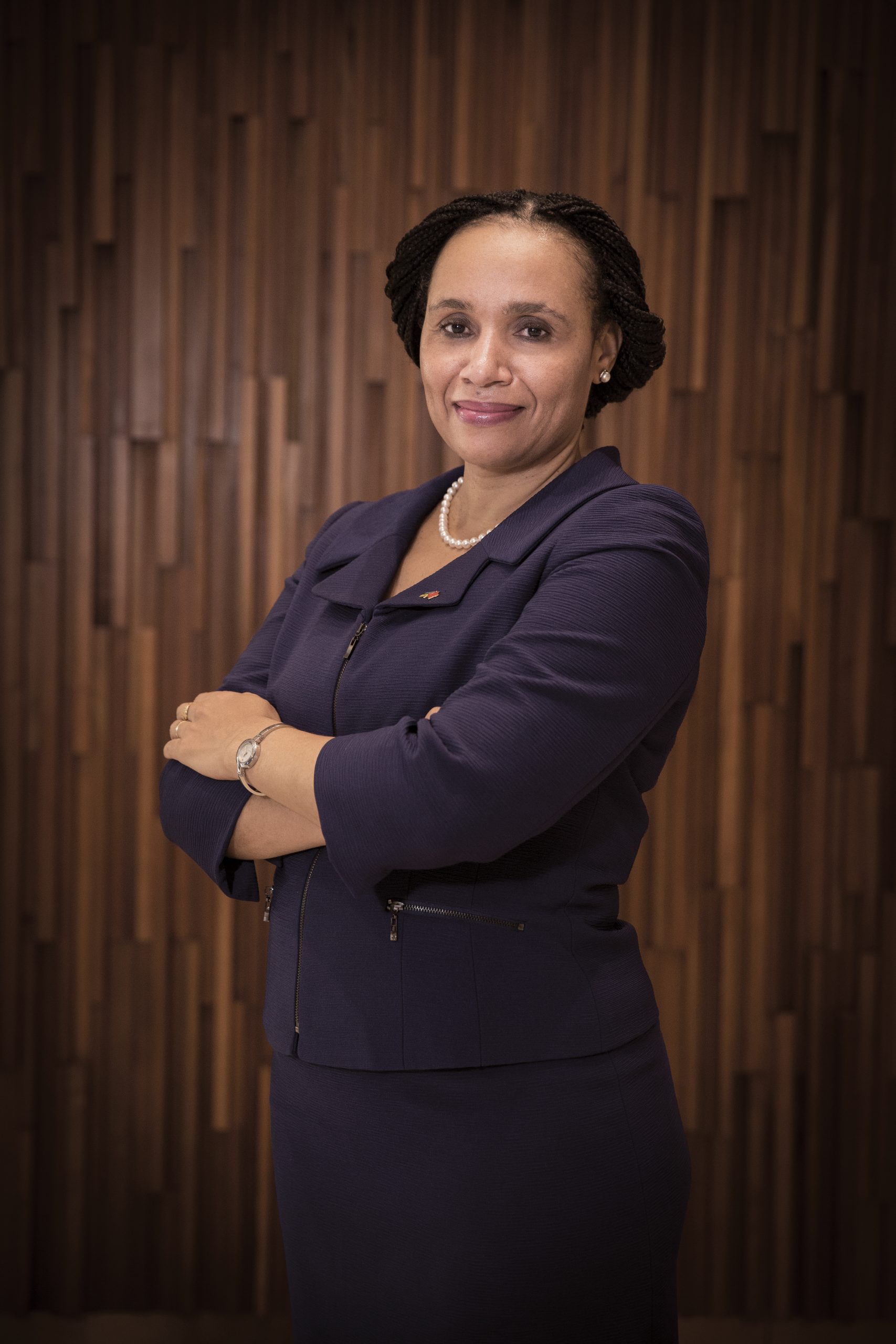
Investment in small and medium-sized enterprises is very important for Mozambique because they contribute to the national economy and promote the social wellbeing of Mozambicans by generating family income and creating jobs.
Maria Gustava has served as the Ambassador Extraordinary and Plenipotentiary of the Republic of Mozambique to the People’s Republic of China since January 2018. She previously held the same position in Indonesia, Timor Leste and Thailand, as well as serving as High Commissioner of Mozambique to Singapore and Malaysia. We recently spoke with Gustava about the role of Macao in facilitating Chinese investment in Mozambique, and how these projects and partnerships are aiding the country’s development.
In recent decades, China has provided significant financial backing for major construction projects in Mozambique. The country is clearly undergoing a new phase of economic development. What are the areas where Chinese investment and financing should be directed?
In the last several years, China has become one of Mozambique’s main partners, to the point that the two countries decided to establish a strategic co‐operative partnership in 2016 during the state visit by His Excellency President Filipe Jacinto Nyusi to China. Owing to both countries’ good relations, China has been financing major engineering projects in Mozambique such as roads, bridges, buildings, and other projects in the scope of the government’s efforts to promote economic and social development.
In my opinion – whilst bearing in mind Mozambique’s current development phase – investment by China should primarily focus on projects that enhance production capacity, especially in the areas of agriculture, transportation, infrastructure, energy and economic and industrial parks, given the potential domino effect those areas represent for the economic growth.
Mozambique has been calling for investment by small and medium-sized enterprises in the country’s economy. How does Mozambique aim to convince Chinese companies and business people to operate in the country?
Investment in small and medium‐sized enterprises (SMEs) is very important for Mozambique because they contribute to the national economy and promote the social wellbeing of Mozambicans by generating family income and creating jobs. Most of our business community works at the level of SMEs; that’s why we believe that financing them and boosting their capacities will create conditions to expand and strengthen the economy.
Mozambique offers good conditions for business development, taking the following into account: (i) its geostrategic location by the Indian Ocean; (ii) the presence of abundant mineral and energy resources, as well as excellent conditions for agriculture, tourism, and provision of services; and (iii) the existence of legislation open to receiving foreign investment in various areas. In this regard, we have therefore been using various platforms to provide information to Chinese citizens and entrepreneurs, and outline Mozambique’s potentials and the legal framework governing investment.
This is a continual process of mutual familiarity and interaction, of seeking opportunities for companies and entrepreneurs on both sides, which helps enhance and consolidate economic and commercial ties between the two countries in a spirit of shared and mutually advantageous gains.
With China’s support, Macao has been positioning itself as a platform for business between China and the Portuguese-speaking countries. How can Mozambique take advantage of this platform?
The establishment of Forum Macao furthered and consolidated the strong historic ties between Macao and the Portuguese-speaking countries (PSC). So, Macao has indeed been serving as a co‐operation platform, helping to strengthen relations involving business, investment, trade, and economic co‐operation between China and the PSC.
Mozambique has utilised this platform by participating in related programmes and projects with emphasis on: (i) exchanges of visits for mutual knowledge and understanding; (ii) participation in seminars on promoting investment and business opportunities; (iii) training and capacity-building of talented youths and personnel in the areas of health, agricultures, tourism, human resources, SMEs, and finance; and (iv) cultural interchanges.
We believe Mozambique can also take further advantage, through (i) implementation of the memorandum on productive capacity between China and the PSC, the aim being to overcome the ‘retail view’ in economic and commercial exchanges and to adopt a strategic vision substantiated by a clear presence of companies from Macao in those countries, particularly in Mozambique; (ii) creation of conditions to facilitate access to the Co‐operation and Development Fund, a strategic mechanism that can enable execution of sustainable projects that impact socioeconomic development of the PSC; (iii) human resource training in accordance with Mozambique’s needs and priority training areas in Macao and the interior of China; and (iv) increased investment and trade.
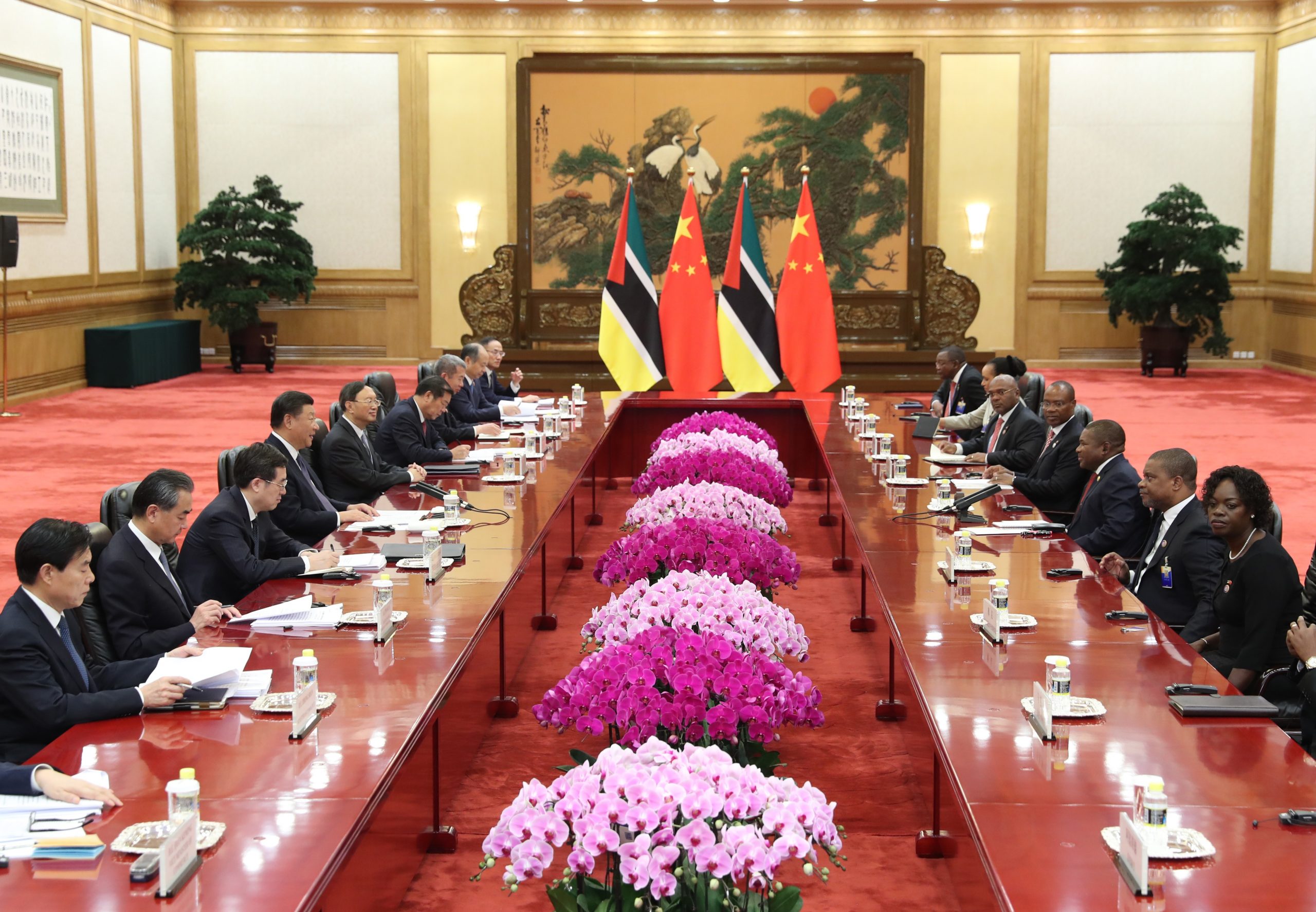
China is a country full of potential for partnerships and the creation of the Guangdong–Hong Kong–Macao Greater Bay Area (GBA) opens new opportunities for business between Mozambican entrepreneurs and the GBA. How can Mozambique take advantage of what the GBA eventually has to offer?
Creation of the Greater Bay Area is a major accomplishment of the Chinese central government which will bolster regional integration of the three regions under the “one country, two systems” rationale. The GBA is a project that opens yet another window of opportunity, joining the Forum on China-Africa Co‐operation, Forum Macao, and the recent Belt and Road Initiative, whose main aim is to promote and strengthen business and co-operation relations between China and the world.
The rate of use of the windows available in China is still relatively low, though it is encouraging. I am nevertheless convinced that Mozambicans will be able to use the advantages and conditions created by the GBA, such as the movement of people via the new bridge linking Guangdong province, Hong Kong, and Macao. In the future, the GBA may enable stronger trade exchanges and the establishment of partnerships between Mozambican and Chinese entrepreneurs.
Do Mozambican entrepreneurs know how to find business opportunities in China? Is there sufficient information about what China has that can help Mozambique’s economic development, and does Mozambique provide information oriented to potential Chinese investors?
China has become one of the main investors and a commercial partner of Mozambique, thanks to increasing interaction between Mozambican and Chinese businesspeople. Indeed, entrepreneurs from our country have visited different Chinese provinces to buy products that can be traded in the Mozambican market. Many Mozambicans have partners or suppliers of Chinese products, working in compliance with current laws in both countries.
As you know, there’s never enough information, just like there is no perfect market. However, Mozambican entrepreneurs do have the necessary information to start doing business with Chinese entrepreneurs, disseminated at seminars, fairs and roundtable conferences. Such actions are carried out by the Mozambican agency for exports and imports (APIEX) in coordination with Mozambique’s embassy in Beijing, with involvement of its consulate in Macao and its honorary consul in Hong Kong.
The work continues, as we strive to convince more and more Chinese businesspeople to view Mozambique as the right destination for their investments.
Mozambique has been a member of Forum Macao since its founding 15 years ago. What benefits has the Forum brought to the economic and trade relationship with China? What more can be done?
Since its inception, Forum Macao has represented a unifying mechanism and platform that complements bilateral co-operation between Macao and the PSC.
The Forum has a great deal of potential, even though the results are still modest. We can see that in the first seven months of 2018 trade exchanges between China and member countries grew to around US$82.15 billion, the main partners being Brazil, Angola, and Portugal. Trade exchanges with Mozambique totalled US$1.49 billion, up 45.13 per cent compared to the same period.
Mozambique has benefited tangibly from co-operation with China, using the Macao platform, in areas such as agriculture, via the Wambao agriculture development project; personnel training for various sectors of Mozambique’s economic and social life; traditional medicine; and real estate, with the involvement of the Charlestrong company in low-cost housing projects for Mozambicans.
Regarding the future, I believe that Macao should be able to improve as a co‐operative platform, identifying and publicising existing opportunities and potentials in China, Macao and the Portuguese‐speaking countries while fostering more dialogue between the parties involved, so they can together work out the best strategy for direct intervention of companies and allow greater flexibility to build partnerships in bilateral and trilateral projects. The Forum must work to convince Macao’s business community to develop more business in member countries, making use of the current advantages.
Mozambique will continue working to boost and improve coordination and communication between its diplomatic and consular mission in Beijing, the permanent secretariat of Forum Macao and the focal point of Mozambique.
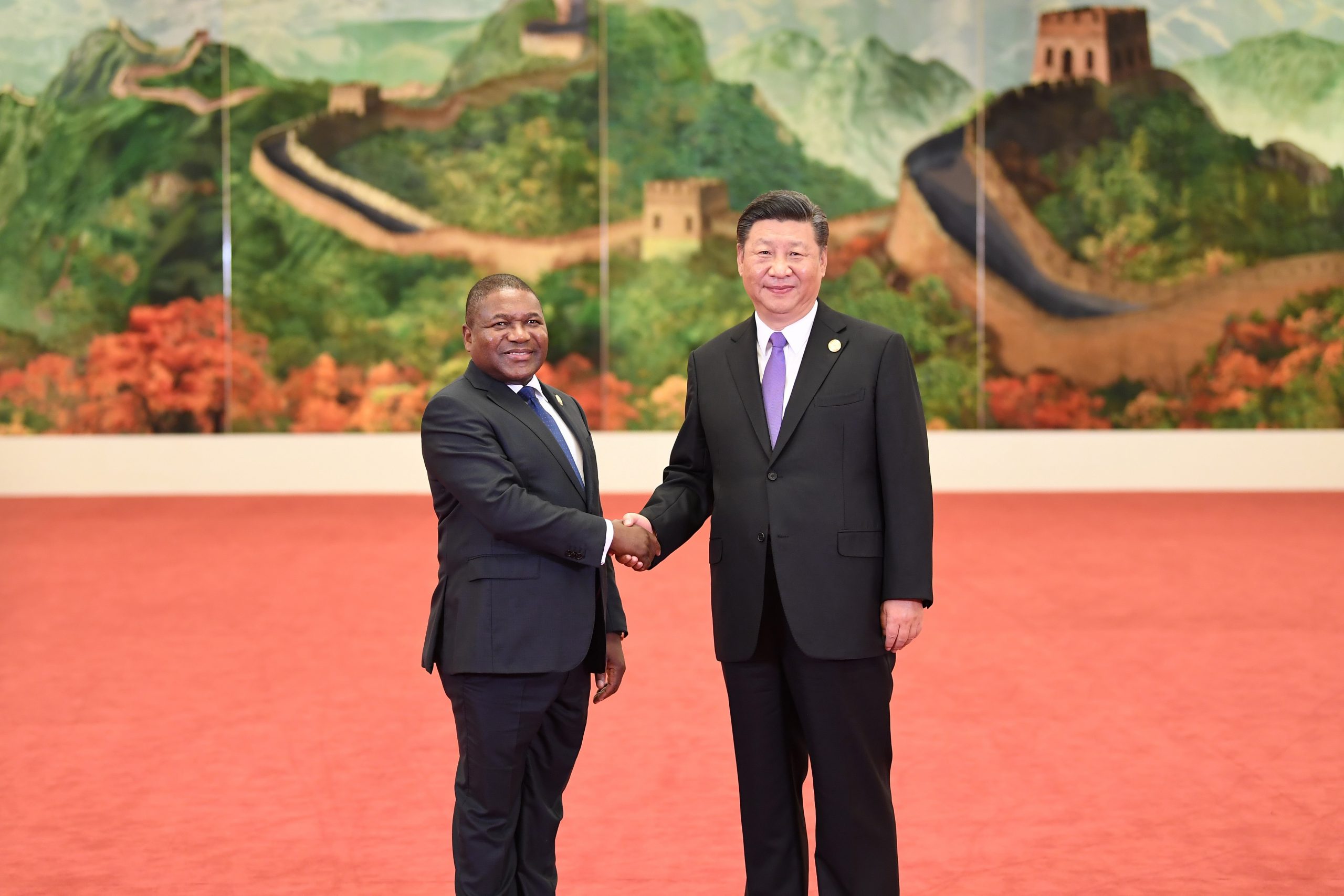
As Mozambique’s ambassador in China, how do you view the development of bilateral relations in upcoming years? What role can Macao play in those relations?
Relations between the Republic of Mozambique and the People’s Republic of China date to the period of Mozambique’s liberation struggle, and have been strengthened and expanded over the last 43 years of diplomatic ties.
Mozambique and China share many things in common and I believe that relations of friendship, solidarity, and co‐operation between the two countries will continue to be marked by openness, reinforcement, and continual expansion based on mutual advantages and respect.
I am convinced that economic and investment co‐operation will soon achieve the same excellence that characterises the political and diplomatic relations between our countries
Maria Gustava
I am convinced that economic and investment co‐operation will soon achieve the same excellence that characterises the political and diplomatic relations between our countries, through better use of the various windows of opportunity offered by China, including the Belt and Road and GBA initiatives.
I am sure that Macao will contribute to this improved cooperation through its role as a platform complementing bilateral cooperation between China and the PSC, reinforcing economic, trade and investment relations to effectively enhance production capacity. Establishing synergies and business partnerships will assure the development of industrial parks and the construction of access routes to link production centres to distribution and consumption centres. This will effectively build up the value chain for Mozambican products and ensure the transfer of technologies that create jobs and improve the wellbeing of the Mozambican population.
What is your view on the importance of the Portuguese language as a factor to support Mozambique’s economic and cultural development with China?
Language brings people together; it is a basic element for forming a socio‐cultural identity. Within the Forum, the Portuguese language is a fundamental conduit joining China and the PSC through Macao.
The 10th Cultural Week of China and the Portuguese-speaking Countries, the 23rd Macao International Trade and Investment Fair (MIF) and the 8th Jiangsu Summit, all hosted by Macao, showcased the importance and contribution of the Portuguese language for promoting socio-cultural development of the Forum countries, including Mozambique.
It is evident that language and culture are elements mutually complemented and strengthened by the educational and entertainment programmes substantiated by the establishment of Confucius Institutes and construction of the Mozambique-China Cultural Centre in Mozambique, meant to enhance interaction between the peoples of our two countries.
